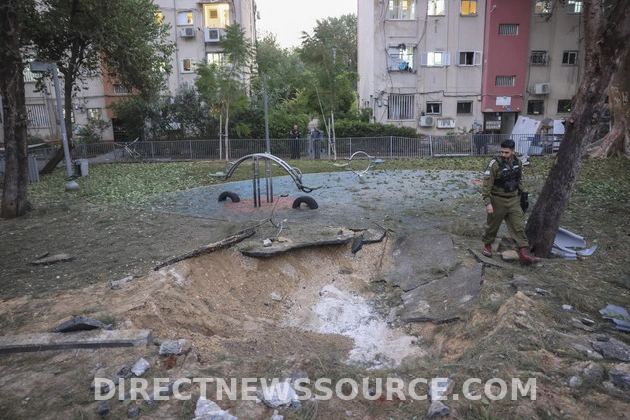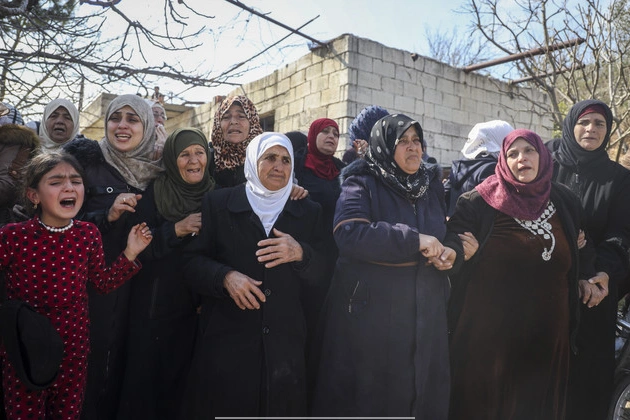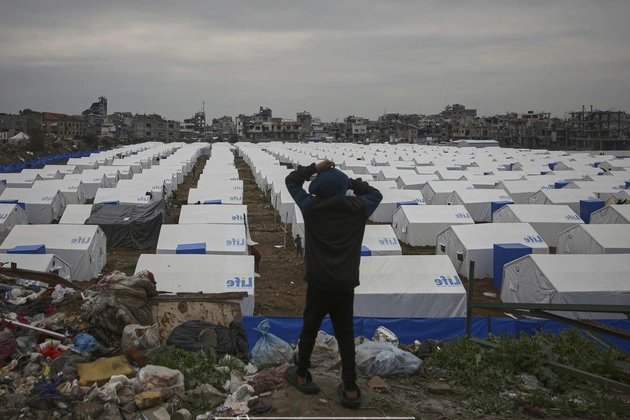
JERUSALEM — In a significant revelation, Israel’s defense minister, Israel Katz, has publicly acknowledged the country’s role in the assassination of Hamas’ top leader, Ismail Haniyeh, who perished in an explosion in Iran last July. While Israel’s involvement was widely suspected, Katz’s remarks represent the first official confirmation of the operation.
Katz’s statements also included a stern warning to the Houthi rebel group in Yemen, indicating that they could face a fate akin to Haniyeh’s. He emphasized Israel’s track record of targeting key figures in Iranian-backed alliances, such as Hamas and Hezbollah, as well as its actions against Syrian President Bashar Assad and Iran’s anti-aircraft systems.
“We will strike (the Houthis’) strategic infrastructure and cut off the head of the leadership,” Katz declared, drawing parallels to previous operations against Hamas and Hezbollah leaders in Tehran, Gaza, and Lebanon.
The Houthis, supported by Iran, have launched numerous missile and drone attacks on Israel during the conflict, including a recent strike that hit Tel Aviv, causing injuries to civilians.
Israel has conducted multiple airstrikes in Yemen during the hostilities and has pledged to escalate pressure on the rebel group until the missile assaults cease.
Meanwhile, a disturbing incident unfolded as the U.N. food agency reported the looting and loss of 23 trucks out of a 66-truck convoy transporting humanitarian aid to central Gaza.
According to U.N. associate spokesperson Stephanie Tremblay, the convoy, organized by the World Food Program, encountered theft and destruction despite assurances of safe passage. While the majority of the convoy reached its destination, Israeli Defense Forces delayed the remaining trucks, leading to incidents of plundering along the route.
Tremblay underscored the critical need for unimpeded humanitarian access to vulnerable populations, condemning the disruption of aid delivery and stressing the importance of safe passage for assistance reaching those most in need.















